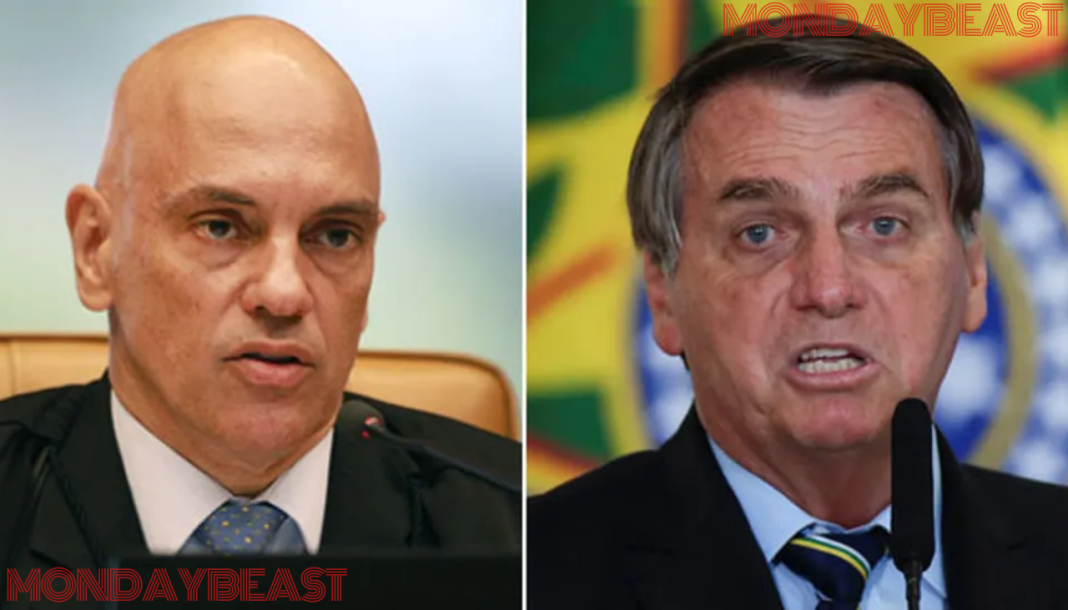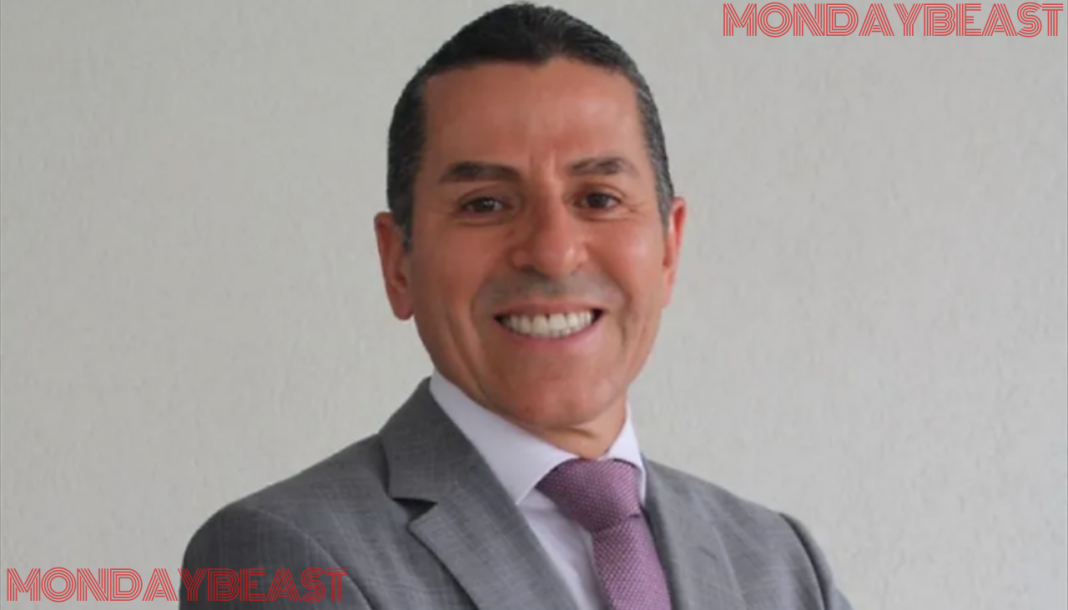Brazil is witnessing a complex narrative unfold. Supporters of former President Jair Bolsonaro are shaping a defense strategy focused on discrediting Judge Alexandre de Moraes. This move aims to foster a sense of victimhood surrounding Bolsonaro.
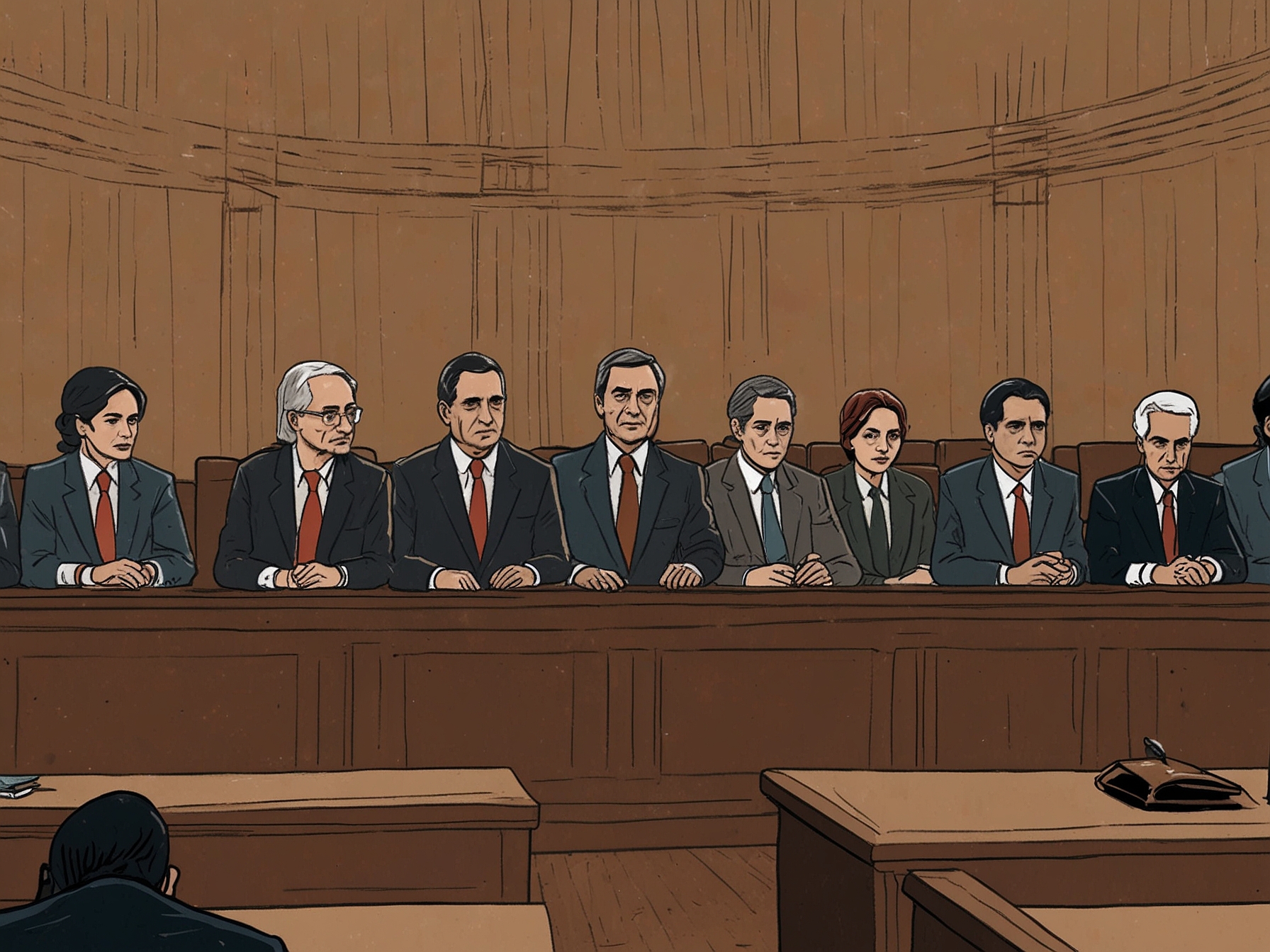
Bolsonaro and his allies assert that the judicial system is being manipulated against them. Claims of judicial overreach are at the forefront. For instance, Bolsonaro remarked that Moraes conducts investigations in ways that skirt the law, turning the judiciary into a target for his supporters.
‘Moraes controls the inquiry, adjusts testimonies, and confines without due process.’ This sentiment is not isolated. It resonates with many who feel as if political targets are set among Brazil’s elite.
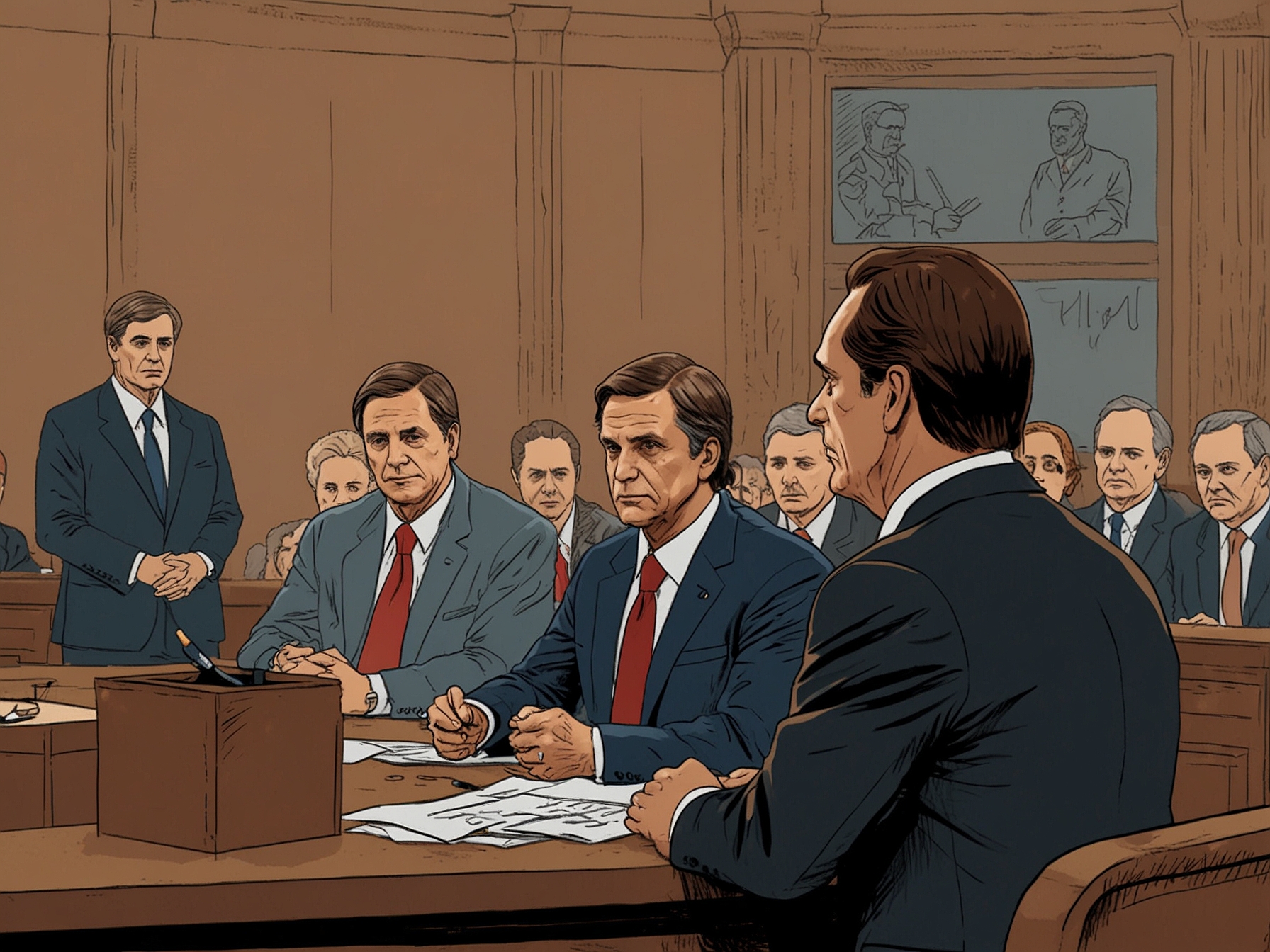
The indictments against Bolsonaro are a pivotal point in this drama. Just recently, he faced charges including attempted coup and criminal organization. This news sent ripples through his base, with supporters seeing it not as a legal matter but as a continuing political attack.
Alexandre Ramagem, once director of Brazil’s intelligence agency during Bolsonaro’s presidency, also lent his voice. He referenced the ‘creativity’ of the STF, questioning its role in establishing the law in Brazil. Such statements shape a narrative that many find compelling in these tumultuous times.
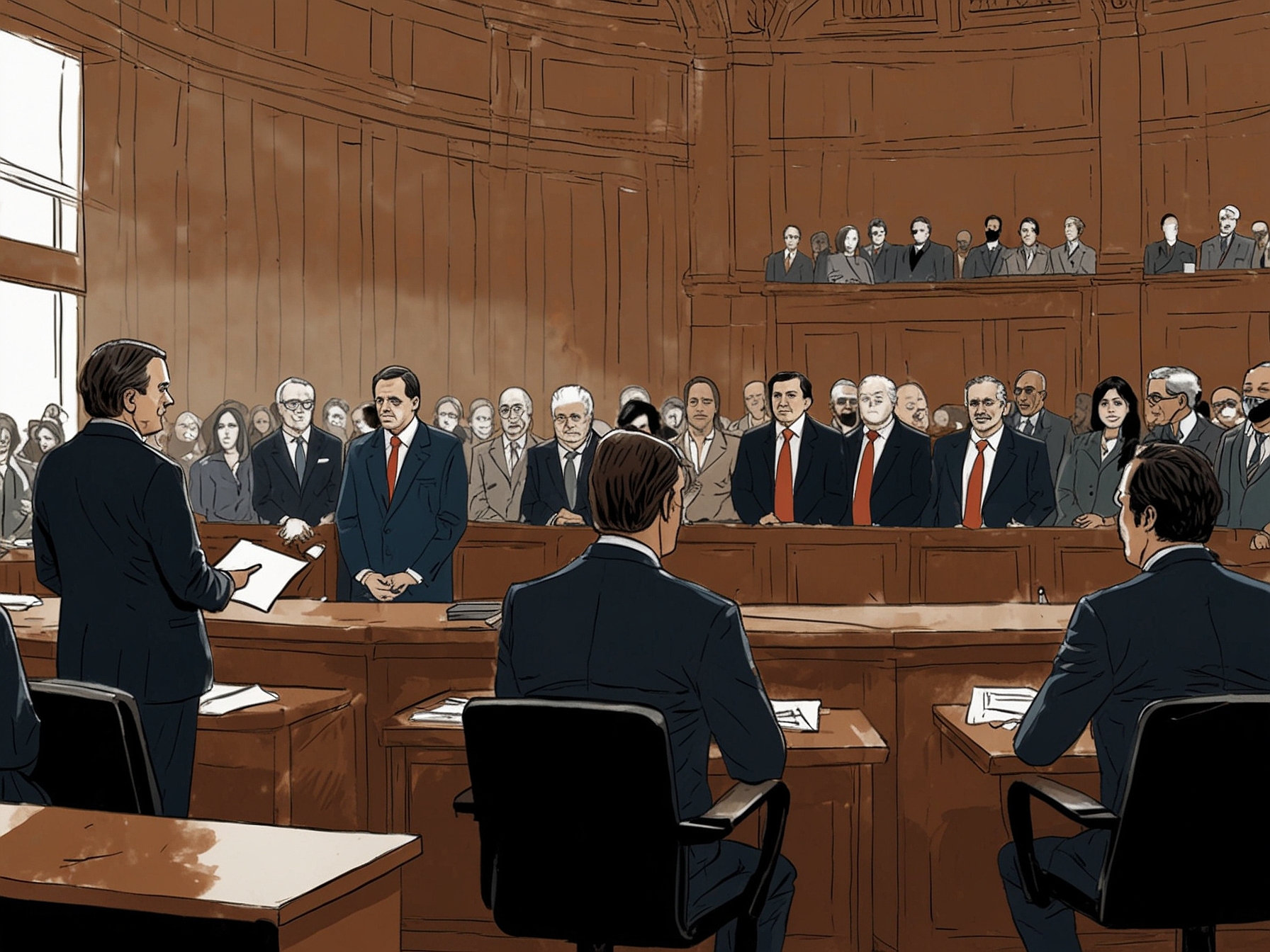
Allies in Congress reinforce these claims, arguing that the indictments were anticipated. Such rhetoric builds a narrative of persecution against Bolsonaro and bolsters his camp. However, the Federal Police and STF view this as a tactical play.
They assert that investigations are thorough. Witness testimonies hint at a plot to undermine institutional stability in Brazil. During recent testimonies, Mauro Cid, a close aide to Bolsonaro, revealed troubling details.
These included confirmations of involvement from key figures in potential violence against political leaders. Such admissions raise alarming questions about the lengths to which some would go to maintain political power. In reflecting on this atmosphere, one must ponder—are we witnessing a legitimate defense, or is it a deflection from real accountability?
The political landscape remains fraught with tension. The line between defender and aggressor blurs in times like this. As this ongoing saga unfolds, the implications extend far beyond Bolsonaro.
They touch on the fabric of democracy in Brazil. Citizens are left grappling with important questions. Will justice prevail, or will political machinations overshadow the truth? And how do we distinguish between valid defense strategies and pure obfuscation?
In the end, every piece of testimony, every indictment, and every claim holds significance. They illuminate not only the characters involved but also the state of governance and political integrity in Brazil.

